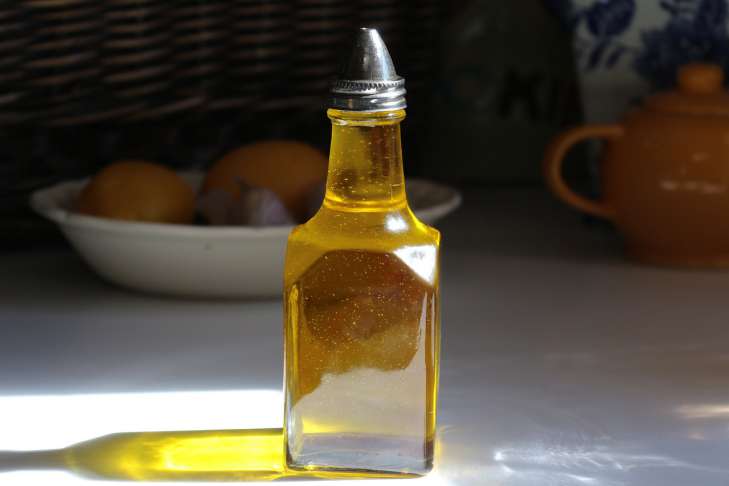Natural olive oil has a rich, intense taste that can be bitter, sweet, salty or sour.
Flavor defects in olive oil include wateriness, vinegary taste, metallic taste and rancidity.
What are the benefits of olive oil
Olive oil contains vitamin E, vitamins A and K.
These substances have a beneficial effect on the condition of the skin, hair and nails.
It is important to clarify that not only the use of oil internally, but also its external use helps.

In addition, consuming olive oil is beneficial for the gastrointestinal tract.
The anti-tumor, anti-aging and antioxidant components of olive oil help fight inflammation.
Olive oil makes blood vessels more elastic and helps strengthen them.
Its daily use is a good prevention of cardiovascular diseases.
A 2020 study that included data from nearly 923,000 adults in the US found that those who consumed more than ½ tablespoon of olive oil per day had a 14% lower risk of cardiovascular disease and an 18% lower risk of coronary heart disease, which is the most common heart disease in the US compared to people who did not consume olive oil.
When should you not drink olive oil
Olive oil has a strong choleretic effect. It should not be used as food for those who suffer from gallbladder diseases and cholelithiasis.
Why should you drink olive oil on an empty stomach
Quite often it is recommended to take one spoon of olive oil in the morning on an empty stomach.
This has a very good effect on the condition of the gastrointestinal tract, as well as on the skin.
Consuming olive oil reduces the body's loss of calcium, thereby improving the condition of bone tissue, which is especially valuable for children.









